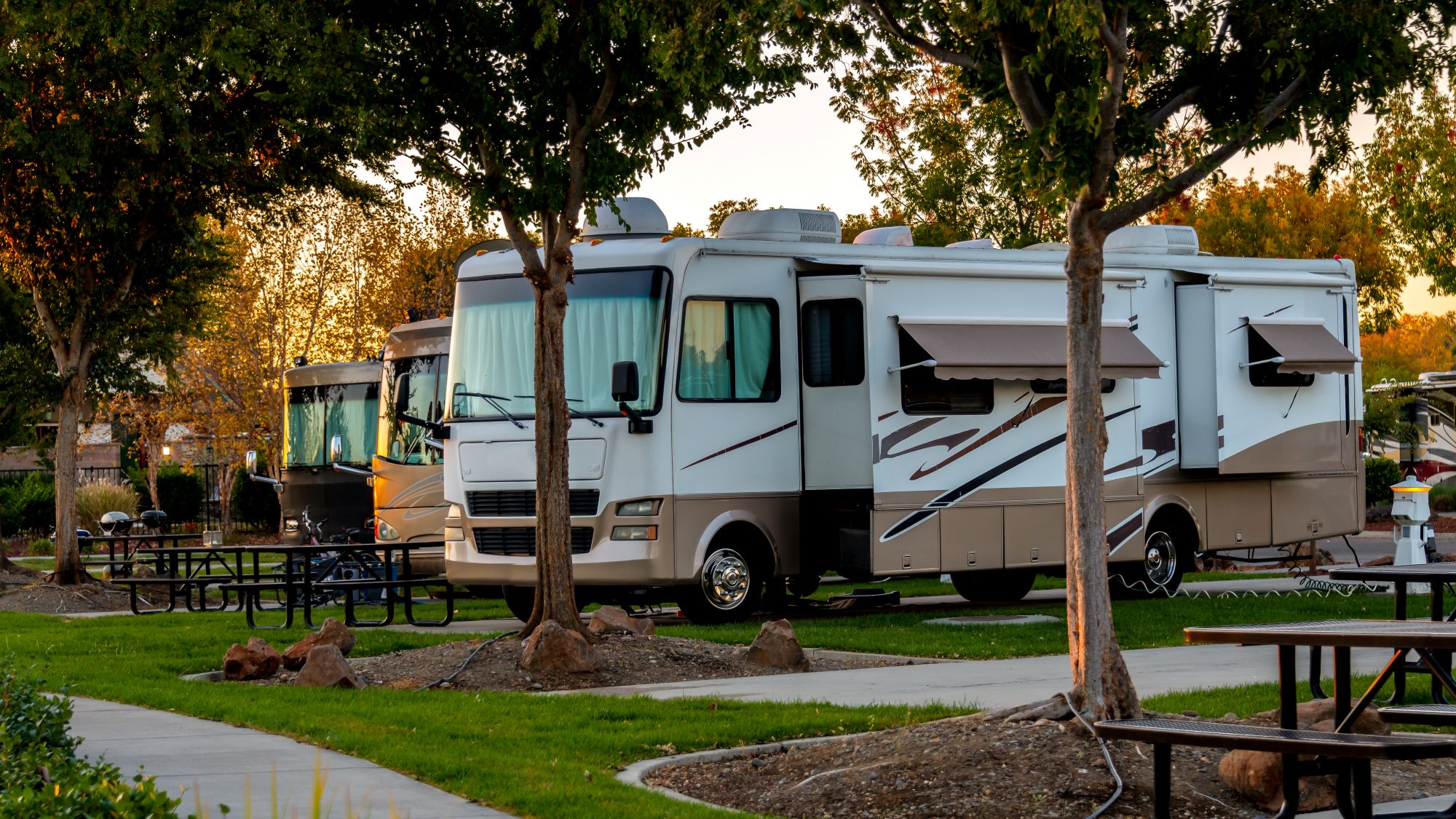
A lot of owners start out thinking they’re in the site-rental business.
You put in pads, pedestals, roads, a bathhouse, maybe a playground. You hook up a reservation system. People book, they show up, they plug in. How hard can it be?
Then the season hits.
Someone’s furious because their neighbor’s dog barked all night. Another guest can’t get level and decides it’s your fault. The restrooms looked fine at 8 a.m., but by 1 p.m. you’re contemplating crime-scene tape. Your front desk person just quit mid-July, your maintenance guy is grumpy because “guest interactions” weren’t in his personal life plan, and the online reviews are starting to sound like a reality show confession booth.
That’s when it clicks:
You’re not in the site business.
You’re in the hospitality business.
Hookups don’t earn you five stars. People do. Or don’t.
And for many owners, the biggest stress isn’t the infrastructure — it’s the team. You can pay someone to fix pedestals. Fixing culture is another matter.
So let’s talk about what it really takes to build a high-performance team in a seasonal, quirky, guest-facing operation like a campground or RV park.
The Seasonal Puzzle: Building a Team That Doesn’t Reset to Zero Every Spring
If you’re seasonal, you already know the feeling: just when everyone finally understands the reservation system, the park layout, and the unwritten rules (“don’t schedule septic pump-outs at 4 p.m. on a Saturday”), the leaves fall and your staff disappear.
The next year, you’re back to square one, training a whole new cast.
The parks that handle this best treat seasonal staffing like a recurring project, not an annual panic.
They keep the good ones close. A simple phone call or email in the off-season — “We’d love to have you back; here’s what we’re planning for next year” — goes a long way. People come back to places where they felt respected, knew what was expected, and weren’t thrown under the bus whenever a guest complained.
Pay matters, of course, but clarity matters just as much. Seasonal workers are often used to chaos; if you can offer structure, predictable expectations, and at least a little appreciation, you’re already ahead of a lot of employers.
And then there’s cross-training.
In a campground, the day almost never goes according to schedule. The front desk is quiet… until the bus pulls in. Maintenance is caught up… until someone snaps a sewer cap, the pool pump complains, and a tree limb decides today is the day it lets go.
If you rely on every role being rigidly defined, you’ll lose the day — and the guest — the minute something unusual happens. High-performing teams have enough cross-training that people can flex for an hour without the whole operation falling over.
That doesn’t mean your housekeepers run the books or your maintenance techs run the social media. It means the front desk can handle a minor maintenance ticket instead of shrugging and saying “you’ll have to wait until Bob’s back from lunch,” and your maintenance folks know how to look up a site in the system and not send a guest to an occupied spot.
Cross-training is not about squeezing more work out of fewer people. It’s about giving the team enough shared understanding to protect the guest experience on those lovely, chaotic days when everything happens at once.
Training Beyond the Task List
Most campgrounds are pretty good at training the “how” part of the job: how to use the reservation system; how to clean a cabin; how to test a breaker; how to close the pool.
Where we fall short is training the judgment and the hospitality instinct.
Take check-in, for example. You can teach someone exactly what to click, print, and hand over. But you also need to teach them how to read the guest walking in the door.
Is this a family that’s been on the road for 10 hours, kids wired and hungry, just barely held together by the promise of a pool? Is this a retired couple who chose your park very carefully and wants reassurance that they made the right decision? Is this a work camper who just needs reliable Wi-Fi and a quiet spot?
The screens don’t teach that. You do.
The best operators take 30 minutes during orientation and literally walk through scenarios: the early-arriving guest whose site isn’t ready; the guest upset about their neighbors; the person whose rig doesn’t fit where they booked. Let people practice the conversation before they’re in front of an angry customer on a Saturday afternoon.
Is it awkward? Sure. But so is watching an untrained employee make a tense situation worse because no one ever showed them how to handle it.
The same is true for housekeeping and maintenance. Yes, there are checklists — and you absolutely need those. But you also need to talk about why details matter: that one hair in the shower, the trash missed under the picnic table, the light bulb out in the restroom. Guests rarely praise your perfectly functioning sewer system, but they will absolutely remember the sticky floor in the bathhouse.
When your team understands they’re not just cleaning a restroom — they’re protecting your Google rating — the work takes on a different shape.
Feedback: More Than a Suggestion Box No One Reads
Let’s talk about guest feedback, because this is where a lot of parks leave free improvement on the table.
Many owners tell me, proudly, “Oh, sure, we’ve got comment cards,” or “We ask people at checkout,” or “We read our reviews.”
Okay, but then what?
If feedback never leaves your brain or a random notebook, it’s not a system; it’s a guilt trip.
A simple, usable feedback loop looks like this: you gather input in a few consistent ways, you review it regularly with your team, and you change small things based on what you learn.
This doesn’t have to be complicated. It might be as simple as a brief post-stay email asking, “How was your stay? Anything we could have done better?” and a weekly fifteen-minute huddle where you share patterns with staff.
The magic is not in the form; it’s in the follow-up.
If guests keep mentioning that the bathhouse is clean in the morning but rough in the afternoon, that’s useful. It might mean you need a mid-day tidy. If they keep praising one particular front desk person by name, that’s gold — now you know who can help train others. If several people complain that rules are enforced inconsistently, you’ve got a clarity problem, not a rules problem.
The key is to involve your staff in those conversations, not just quietly stew over it in your office. When the team hears, “Guests loved how quickly we responded to issues this weekend,” or “We had three separate complaints about quiet hours not being enforced,” they start to see the connection between their daily decisions and the public scoreboard.
And yes, there is a scoreboard.
The Real Scoreboard: Reviews, Rebookings, and Referrals
In the old days, your campground reputation lived in local word-of-mouth, maybe a travel guide. Today it lives online, in full color, for everyone to see.
Your reservation system, your marketing, your pricing — those all matter. But a huge part of your long-term success comes down to three things: what people say about you in reviews, how many rebook, and how many send their friends.
If your team doesn’t understand that this is the real game you’re playing, they’ll treat their job as a to-do list instead of a guest experience.
You don’t have to drown everyone in data. But share enough that they can see cause and effect:
- “We averaged 4.7 stars this month. Guests kept mentioning friendly staff and clean bathrooms.”
- “We dipped a bit last holiday weekend — noise complaints and late-night traffic came up several times.”
- “Twenty percent of weekend departures rebooked before they left. That tells us they weren’t just satisfied; they were confident they wanted to come back.”
When those numbers become part of the regular conversation, something important happens: the drama shifts. Instead of arguing about whose turn it is to sweep the store, you start talking about how to keep kids from running through other people’s sites, or how to handle late arrivals better, or whether your quiet-hours strategy is actually working.
Everyone is now playing the same game.
Culture in a Nutshell: What Happens on a Busy Saturday
You can pretty much diagnose a park’s culture by watching what happens between 3 and 6 p.m. on a sold-out Saturday.
Are guests lined up out the door, while one overwhelmed front desk person tries to do everything alone because “it’s not maintenance’s job to help with check-ins”?
Are housekeepers and office staff acting like separate kingdoms, each convinced the other is making their life harder?
Is the manager hiding out, hoping nothing explodes before dark?
Or do you see people stepping in for each other — maintenance guy helping direct rigs; office staff grabbing a quick radio check before assigning a site; housekeepers flagging issues and jumping in to fix what they can instead of saying “not my site”?
That’s culture. Not your mission statement. Not the inspirational quote in the break room. What people do under pressure.
Building that kind of culture is slow work, but the ingredients are straightforward:
- Clear expectations. Everyone knows what “good” looks like in their role.
- Shared goals. The team understands that they’re all responsible, in different ways, for those reviews and rebookings.
- Visible appreciation. When someone handles a tough situation well, you call it out. When a guest sings the praises of a staffer by name, you share it at the next meeting.
And yes, sometimes it means parting ways with people who are technically competent but chronically negative or dismissive of guests. One chronically sour person at the front desk can undo the work of four rock stars out on the grounds.
Turning People Problems Into People Power
Let’s be honest: there will always be staffing headaches. Someone will quit mid-season. Someone won’t work out. Someone will no-call, no-show on the Fourth of July and you’ll discover talents you never knew you had as you run the office, clean a cabin, and plunge a toilet all in the same afternoon.
But over time, you can dramatically reduce the chaos by treating your team like the core asset of your business, not an afterthought.
That means hiring with hospitality in mind, not just availability. It means investing in cross-training so your operation has some resilience. It means building simple feedback loops that actually inform decisions. And it means keeping the real scoreboard — reviews, rebookings, referrals — where everyone can see it.
When you do that, something shifts. Guests feel it. Staff feel it. You feel it.
You’re no longer the frazzled firefighter putting out one guest issue after another. You’re the coach of a team that knows what game it’s playing, how to win it, and why it matters.
The pedestals and sewer lines and Wi-Fi still need attention, of course. But once the people piece starts to click, those infrastructure problems stop feeling like personal emergencies and start feeling like what they are: just part of running a living, breathing, guest-focused hospitality business.
And that’s the goal: not perfection, not zero complaints, but a park where most days, most guests leave saying, “They really took care of us,” and your team goes home tired, maybe, but proud.
That’s a high-performance team. And in this industry, it’s the best competitive advantage you’ll ever have.





